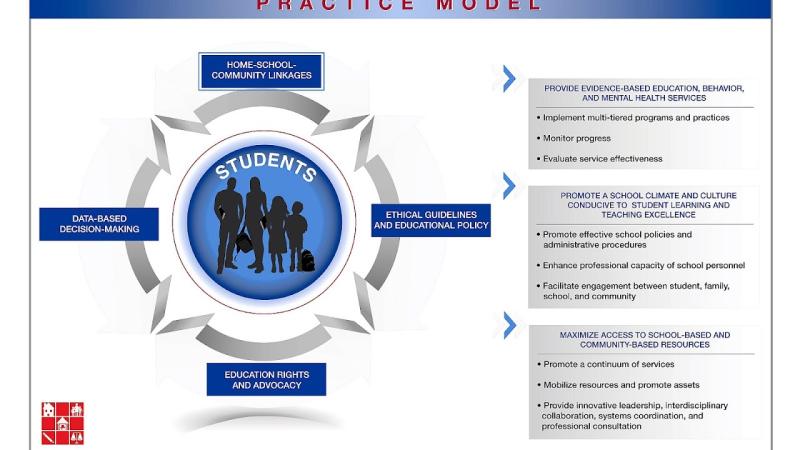What classes are required to be a social worker?
The specific classes required to become a social worker can vary depending on the level of education and the type of social work you are interested in pursuing. However, here are some general guidelines for the classes typically required for a career in social work:
Bachelor's Degree in Social Work (BSW):
- Introduction to Social Work
- Social Welfare Policy and Services
- Human Behavior and the Social Environment
- Research Methods in Social Work
- Diversity and Social Justice
- Field Education/Internship
Master's Degree in Social Work (MSW):
- Advanced Clinical Practice
- Advanced Macro Practice (for those interested in community organizing, policy analysis, and advocacy)
- Social Work Research
- Social Policy and Administration
- Human Behavior in the Social Environment
- Field Education/Internship (advanced level)
Licensing and Certification Courses:
- Many social workers pursue licensure or certification, which may require additional coursework. For example, in the United States, clinical social workers often need to complete courses in clinical assessment, psychotherapy, and diagnosis.
Specialized Courses:
- Depending on the area of specialization (e.g., healthcare, school social work, child welfare), social workers may take additional courses related to their field of interest.
Continuing Education:
- Social workers are often required to engage in continuing education to stay current in their field and maintain licensure or certification.
It's important to note that specific requirements can vary by country and state, so it's advisable to check with the relevant licensing board or regulatory body in your location for the most accurate and up-to-date information. Additionally, educational institutions may have their own specific curriculum requirements for social work programs.
Essential Subjects and Disciplines for Social Work:
Social work draws on a plethora of fields, creating a diverse and enriching educational experience. Here are some key subjects and disciplines:
1. Core Social Work:
- Human Behavior and the Social Environment: Understanding individuals, families, and communities across the lifespan, in contexts of inequality and oppression.
- Social Policy and Analysis: Evaluating the impact of policies on vulnerable populations and advocating for change.
- Social Work Practice: Developing skills in communication, assessment, intervention, and case management.
- Research Methods: Evaluating evidence-based practices and contributing to the knowledge base of social work.
2. Supporting Disciplines:
- Psychology: Understanding human mental processes, development, and psychopathology.
- Sociology: Analyzing social structures, institutions, and inequalities.
- Anthropology: Exploring cultural diversity and its impact on human behavior.
- Statistics and Research Methods: Conducting research and analyzing data to inform social work practice.
- Policy Analysis and Public Administration: Understanding policy formation and implementation.
- Law and Ethics: Navigating legal and ethical considerations in social work practice.
Contribution of Required Classes:
Required classes equip students with essential knowledge and skills to navigate the complexities of social work. Here's how some contribute:
- Human Behavior: Provides frameworks for understanding clients' experiences and responses to challenges.
- Social Policy: Informs advocacy efforts and helps students recognize systemic issues impacting clients.
- Social Work Practice: Develops communication, assessment, and intervention skills for effective engagement with clients.
- Research Methods: Equips students with tools to critically evaluate interventions and contribute to evidence-based practice.
Educational Pathways to Certification:
There are different routes to becoming a certified social worker, with varying levels of education and licensure requirements:
1. Bachelor of Social Work (BSW): Entry-level qualification for some social work positions.
2. Master of Social Work (MSW): Advanced degree required for many clinical and leadership roles.
3. Doctor of Social Work (DSW): Highest level of education, emphasizing research and leadership in social work.
4. Licensure: Most states require a license to practice social work, typically involving exams and supervised experience.
Structure of Social Work Programs:
The structure of social work programs can vary, but typically includes:
- Core coursework: Covering essential subjects mentioned above.
- Electives: Allowing students to tailor their studies to specific interests, like child welfare, mental health, or gerontology.
- Field placements: Supervised practical experience in various social work settings.
- Research requirements: Conducting research projects or completing a thesis/dissertation.
Specialized Areas of Study:
Social work offers diverse specializations for focused learning and career direction. Examples include:
- Child Welfare: Protecting children from abuse and neglect, and supporting families.
- Mental Health: Providing therapy and counseling for individuals with mental health challenges.
- Gerontology: Supporting older adults and addressing their unique needs.
- Substance Abuse: Helping individuals recover from addiction and promote healthy living.
- Community Development: Working to improve communities through social and economic interventions.
This is a brief overview. If you have specific questions about any of these topics, feel free to ask!













